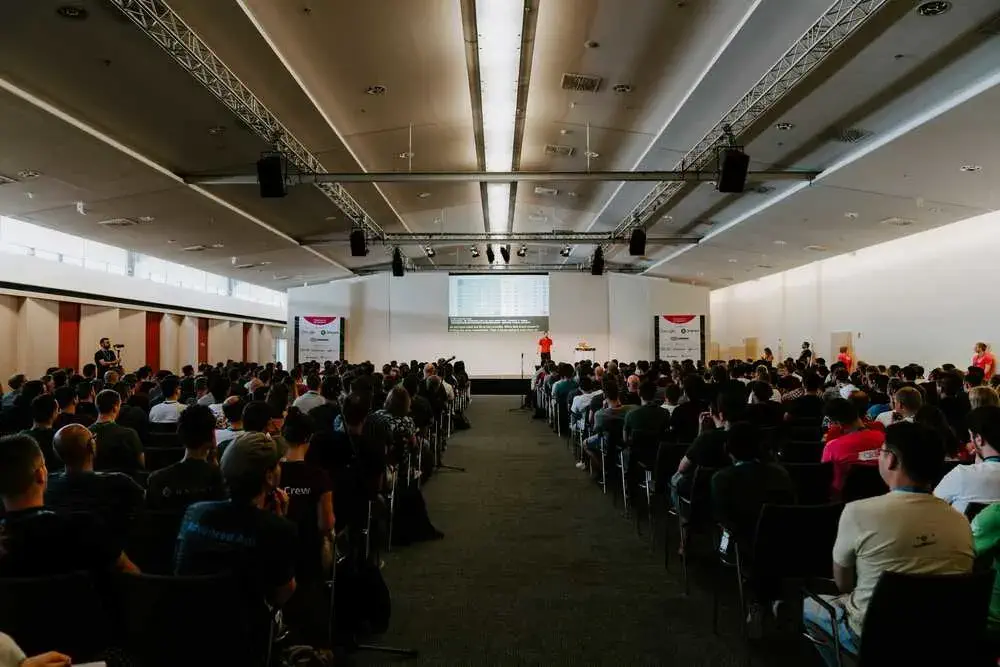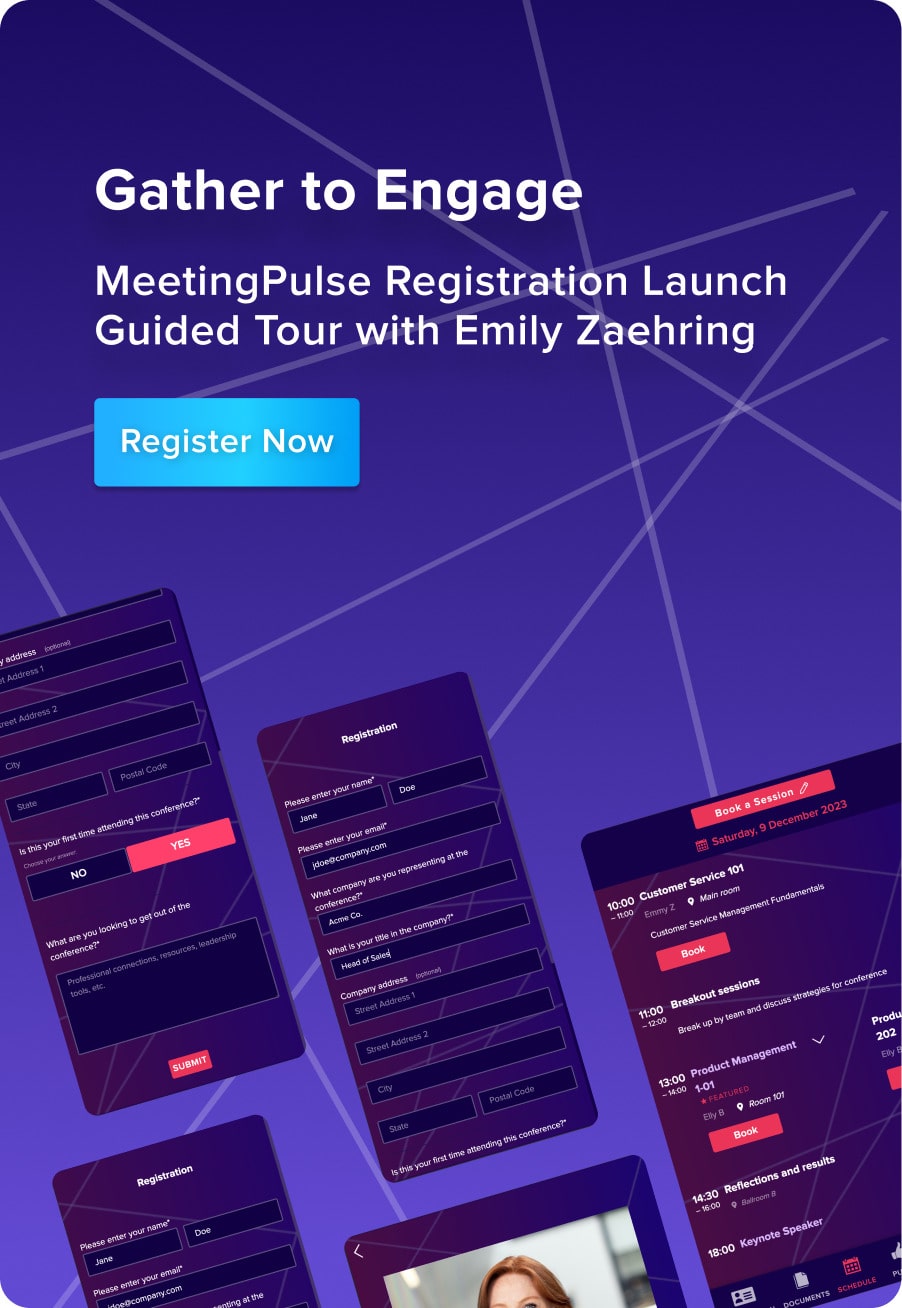Collecting feedback is a critical part of planning and executing a successful event. That’s why it makes sense to present pre-event, mid-event, and post-event survey questions to capture attendee feedback. Each of the three times presents special value, and you need the right event survey tools to mine them thoroughly.
It’s common to collect feedback after everyone has come and gone, but organizers can consciously create a feedback culture throughout the course of an event to gain insight into the participants’ true event experience.
Despite the obvious perks of collecting feedback, one study found that about 77% of professionals aren’t even using surveys. So many wasted opportunities! Don’t you want to know more about what you’re doing right and how it’s perceived? Of course you do.
Event surveys are a good starting point in researching what people who might attend future events expect from gatherings like corporate events or other networking opportunities. And these surveys are just as useful when it comes to planning and holding a hybrid event or virtual event. Organizing an event takes a whole lot of work, knowledge, and patience. Getting feedback early in the planning process can only help you create a more successful event.
Involving participants before, during, and after the fact boosts event success. Organizers stand to benefit from qualitative data at every single stage of an event. In this article, we’ll share ideas for using event surveys at each stage.
We have one very important tip that covers all these surveys, though. When it comes to figuring out a list of survey questions to ask, it’s most important to use specific question formats — like a rating-scale question or an open-ended question — because you’ll get better, more insightful answers from respondents.
Pre-Event Surveys
Pre-event feedback supports and informs event planning. Allowing previous attendees or potential attendees from your target audience to answer some pre-event questions can help you to better plan your next event (and even future events). A pre-event survey can:
-
- Build excitement around an event.
-
- Encourage attendance.
-
- Get attendees involved and invested.
-
- Create a feedback culture.
-
- Help organizers to pinpoint areas of interest.
By giving attendees the opportunity before an event to vote on options and provide feedback through pre-event survey questions, organizers can pinpoint the most popular options and thus deliver a better experience. Not only does this give the attendees a say in event content — it also gives them an overview and a better idea of what to expect.
Feedback During an Event
Allowing attendees to provide feedback during an event helps organizers keep tabs on everything that happens in real time. For example, if there is an unexpected need or if a crisis arises, open channels of communication allow survey respondents to convey urgent information easily to the host organization.
Accepting feedback during an event enables organizers to improve attendee satisfaction at a moment’s notice. Good event survey questions can help gather real-time feedback via:
-
- A browser-based app such as MeetingPulse
-
- Smartphone event apps
-
- Audience response systems (again, like MeetingPulse)
-
- Text messaging
-
- QR codes
-
- Physical stations
Live positive feedback can also be displayed publicly, which has the power to strengthen community. Attendees are more likely to get involved and chip in if they see fellow participants providing interesting and valuable feedback.
No one likes to be left out!
Post-Event Feedback
Post-event feedback allows organizers to collect information that sheds light on opportunities to improve future events. Even negative feedback can be useful, especially when it is offered as constructive feedback.
Event feedback surveys also allow organizers to follow up regarding issues relevant to event closure. It’s best to survey attendees within 24-48 hours, while their thoughts and opinions are still fresh. Attendees are more likely to fill out event feedback surveys right after the event, rather than a week later.
Post-event feedback surveys should be quite short — ideally 10 questions or less. And remember, use questions that allow respondents to expand on their perspectives or assign a rating to aspects of the event. Developing a survey that relies too heavily on “yes or no” questions will narrow the scope of the answers that you receive, ultimately degrading the value of the feedback.
It’s important to give attendees a chance to provide open-ended feedback upon the conclusion of an event. This allows organizers to collect feedback, quotes and personal anecdotes for use in future marketing efforts. It also allows hosts to capture specific feedback that wasn’t requested in the post-event survey.
Live Feedback at Every Stage
Feedback is a powerful part of any event. It’s important to gather pre-event feedback, feedback during the event, and post-event feedback. Live feedback at every stage goes a long way when it comes to delivering experiences that add value.
Conduct feedback surveys throughout, whether through an audience response system, email, or the web.
Every person involved with the event stands to benefit from any insights gleaned from a thoughtful event survey — from the organizers and attendees down to the sponsors and presenters.
The more you know about attendee preferences — and the more you understand what they hope to get out of an event — the more you can tailor the experience to their liking. And the more they enjoy themselves, the more likely they are to come back for more next month or next year.
At MeetingPulse, we provide real-time survey and polling software that runs from any browser, so your event attendees will never need to download an app. Anyone can easily participate using their smartphone, tablet, or laptop via an easy-to-use link.
The MeetingPulse audience response system was developed with simplicity in mind and offers a wide array of customizable options to fit a wide array of event feedback needs.
Contact us for more information about our audience response system.






